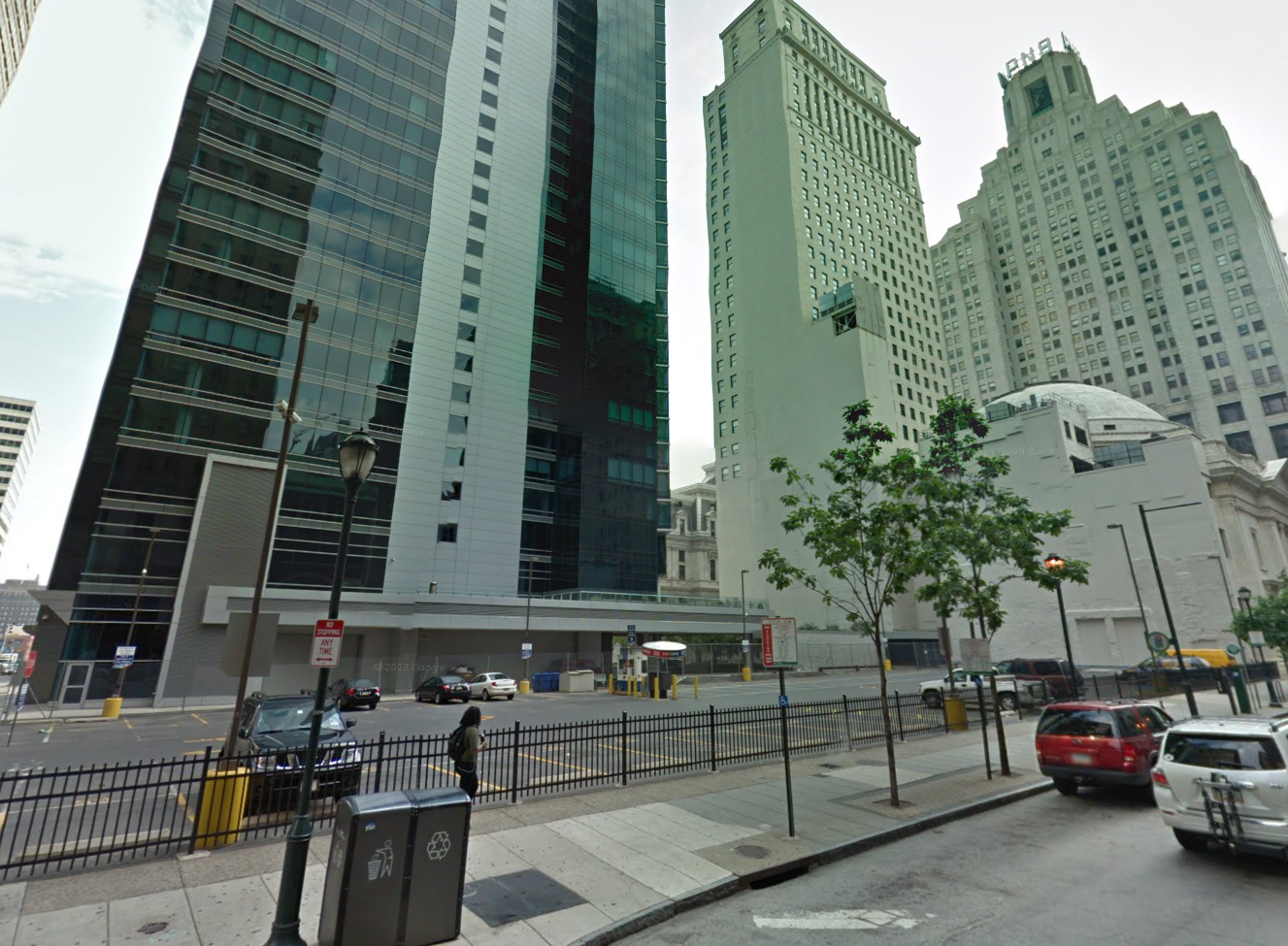Council Committee approves $33 million subsidy for W Hotel

City Council’s Committee on Finance recommended a bill Thursday that would create a tax-increment financing district (TIF) at 15th and Chestnut streets to support the development of a 700-room hotel. The project—part W Hotel and part Element, proposed by property owner Brook Lenfest in partnership with Starwood Hotels—is estimated to cost $280 million. The TIF would offset $33 million of that cost, and the developers have secured an additional $25 million state grant, a $15 million loan from the federal department Housing and Urban Development and a related HUD grant of $2 million. In total, $75 million in public subsidies will cover 27 percent of the project cost.
The committee approval on Thursday came after a five-hour hearing and a series of negotiations both inside and outside of Council chambers. Under the approved bill, amended by the committee, the hotel owners must try to employ Philadelphia residents to make up 75 percent of their workforce; originally, the stated goal was to have half of the workforce comprised of city residents.
A group of hotel workers had also asked Council members to withhold approval of the bill unless they could come to a “labor peace agreement” with the developer. Just before the committee voted, a representative of the workers’ group said that a “framework” for such an agreement had been established, and asked the committee to support the bill. According to Councilman Bill Green, chair of the Finance Committee, that framework involves the operator of the hotel agreeing to recognize a hotel workers’ union should 51 percent of the employees choose to create one.
The committee voted unanimously to create the TIF, though Councilman Wilson Goode, Jr., who had said earlier in the day that he would vote against the bill, was not present at the time of the vote. In recommending the subsidy, the committee rebuffed a group of Center City hotel owners who opposed the bill out of fear that the new hotel would take business away from existing hotels rather than bring new tourists and convention-goers to the city, as it is intended to do. Most if not all of the hotels represented by that group have received some form of public subsidy.
Julie Coker, senior vice president for the Philadelphia Convention and Visitors Bureau, said that more conventions would be booked for Philadelphia if there were more large blocks of hotel rooms available.
“We are asked consistently about the status of this project,” Coker told committee members, “and I can state unequivocally that its development is crucial to Philadelphia’s stature within the convention industry, the continued growth of our hospitality sector and an important – but not the only – element required to realize the full potential of the expanded Convention Center.”
John Grady, director of the Philadelphia Industrial Development Corporation, pointed out that the increase in demand for hotel rooms has slightly outpaced the increase in supply over the past several decades. Center City hotels currently have an average occupancy rate around 73 percent, but while the number of hotel rooms has doubled in the last twenty years, the number of hotel-room stays has doubled and then some. Grady said he expects that trend to continue with the development of the W Hotel at 15th and Chestnut.
Tax-increment finance districts are intended to encourage the development of blighted properties. They allow builders to divert a portion of their tax liability—which theoretically increases as the property is improved—away from the city to pay off private loans. Should the project fail, the developer, not the city, is responsible to pay off the balance of the TIF debt.
Jeff Cohen, owner of Vine Street Ventures and Brook Lenfest’s development partner, testified that the project could not go forward without the creation of the $33 million TIF.
The parcel covered by the bill, directly behind the Ritz Carlton Residences, has been used as a parking lot since the One Meridian Plaza building was demolished in 1999, following a fire that destroyed much of the building eight years earlier.
The bill will go before the full Council in the next few weeks.
WHYY is your source for fact-based, in-depth journalism and information. As a nonprofit organization, we rely on financial support from readers like you. Please give today.



